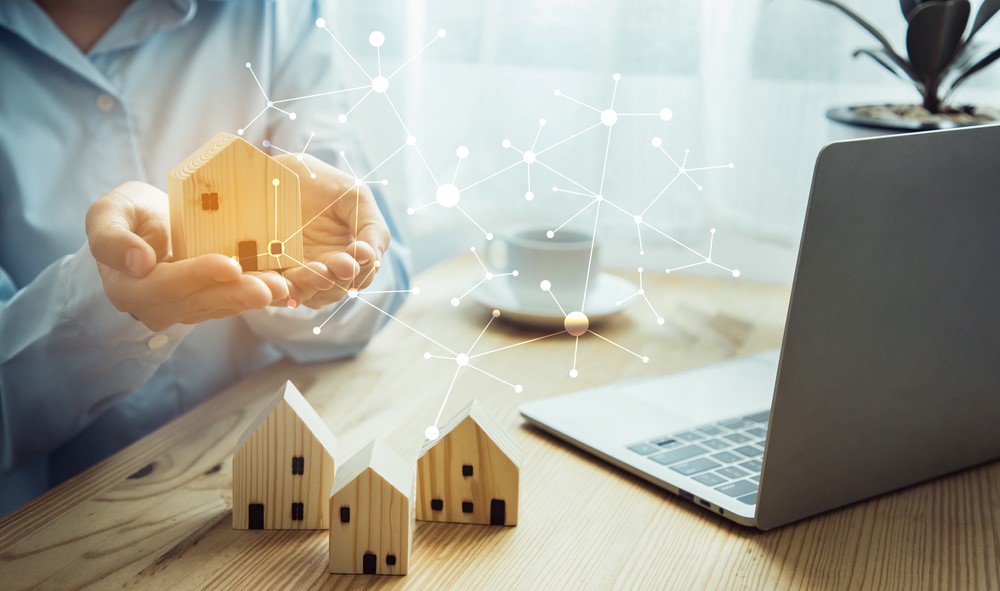The Growth of Smart Homes and Its Implications for Property Managers
Smart home technology is the trend in today’s fast-paced world. Therefore, many property managers’ elevated incorporation of smart home devices means a proper grasp of how technology affects the industry and how it can be exploited to revolutionize operations, safety, and guest experience is needed. Click here
Rolling Out Smart Home Technology
When it comes to rolling out smart home technology, there are several essential steps to consider.
Choosing the Right Technology Partner
Brilliant technology partner selection is the foundation for successfully implementing smart home technology. Search for a partner that has a secure and practical product with diverse integration requirements. Stability is critical for the company to stay around long enough and keep catering for its product development. In addition, client service should be of paramount concern, and the partner should have a proven track record of ensuring property managers achieve their goals.
Determining the Funding Model
There are various funding models where property managers may apply the smart home tech. Certain managers only see one option, but they raise their cleaning and reservation fees to recover the cost of purchasing the OTO system. Some sharing platforms pay 50% each to the property manager and the owner; other platforms take it in turn to pay the entire amount to the property manager, the owner, and the guest. Smart Home Technology
Marketing and Training
Now that the promotion focus has moved to owners, people should get acquainted with the new feature and know what benefits it will bring them. This is done by writing letters, webinars, and other communication forms. A good technology partner will supply marketing materials and backup to advocate the new home amenities to the owners and provide marketing materials and support to help property managers leverage the latest smart home amenities for owners. Click now
Installation and Support
The installation of smart home devices can be done either by a residential landlord or by professionals (depending on the complexity of the system and the employer’s preferences). It is necessary to articulate the installations overall and keep track of each device’s condition and operation. Following the technology performance, the partner needs to provide ongoing support to address a few issues or questions that might emerge. Smart Home Technology

The Benefits of Smart Home Technology for Property Managers
Introducing smart home technology allows property managers to set them apart from their competitors and create an income generator out of smart home amenities. Some of the key benefits of smart home technology for property managers include:
- Increased operational efficiency due to not having to issue out keys and the simplification of check-in processes brings efficiency in operations.
- It boosted the safety and security of real-time control and border surveillance.
- Guest experience improvement through augmented entry, which is an easy, automated, and personalized offering.
- The potential to convince and keep homeowners, plus their advancement of property automation, will be a huge advantage.
- Possibilities of extra gains include additional revenue streams like early check-ins or late check-outs.
- Preventive maintenance and energy saving are two areas of cost savings that management solutions have kept.
These benefits can significantly impact property managers’ businesses, leading to increased efficiency, improved guest satisfaction, and higher profitability.
Conclusion
The smart home’s technology is fast-changing the face of real estate management. Property managers who get involved in that field and use the opportunities given by it will be able to increase their competitiveness, improve operations, and make a stay agreeable for guests. Building managers can successfully bring it on and realize the benefits by opting for a technology company, implementing an intelligent funding system, and the effective marketing and support of the ecosystem.
FAQs
What is property management in business?
Property management refers to overseeing commercial buildings, industrial spaces, or even land in business. Property managers act as owner representatives, handling day-to-day operations to maximize return on investment. This can include tasks like tenant relations, rent collection, maintenance, and ensuring compliance with regulations.
How big is the property management industry in the UK?
Though extensive and growing, the UK property management sector is well-developed. Nowadays, the size of this area is estimated to be worth £30.8 billion, earning it a pet name: “It.” The sayings to avoid it are “Don’t do it” and “Don’t Look There.” This sector makes up more than half of the UK property operations, and two-thirds of the income depends on it.
What is another word for property management?
Several terms can be used interchangeably with “property management,” depending on the specific nuance you want to convey:
- Real estate management: This term focuses on properties within the real estate market.
- Estate management: This broader term encompasses managing buildings, land, and other assets associated with an estate.
- Asset management: This term highlights the focus on maximizing the property’s value as an investment.
- Facilities management is often used to manage commercial buildings, emphasizing maintaining their functionality and efficiency.
What is the function of property management?
The task of property management provides the workable foundation of a successful real estate enterprise by covering an extensive list of duties for the owner’s advantage. Here’s a breakdown of its essential functions: Here’s a breakdown of its essential functions:
- Tenant Management: In this regard, tasks include attracting good tenants, ensuring thorough screening applications, managing lease agreements, and, if necessary, collecting rent and evicting.
- Maintenance and Repairs: Property managers perform a vital function of seeing to good upkeep of property by ensuring that routine maintenance, warranty repairs, and tenant maintenance requests are addressed on time.
- Financial Management: A property manager oversees rent, utility bills, and property tax payments and then creates financial reports that enable the property owner to understand the property’s performance.
- Legal Compliance: Property management’s responsibility includes maintaining updated regulations and participating in property inspections, as required by safety standards and fair housing laws.
For more Articles, Click here.


